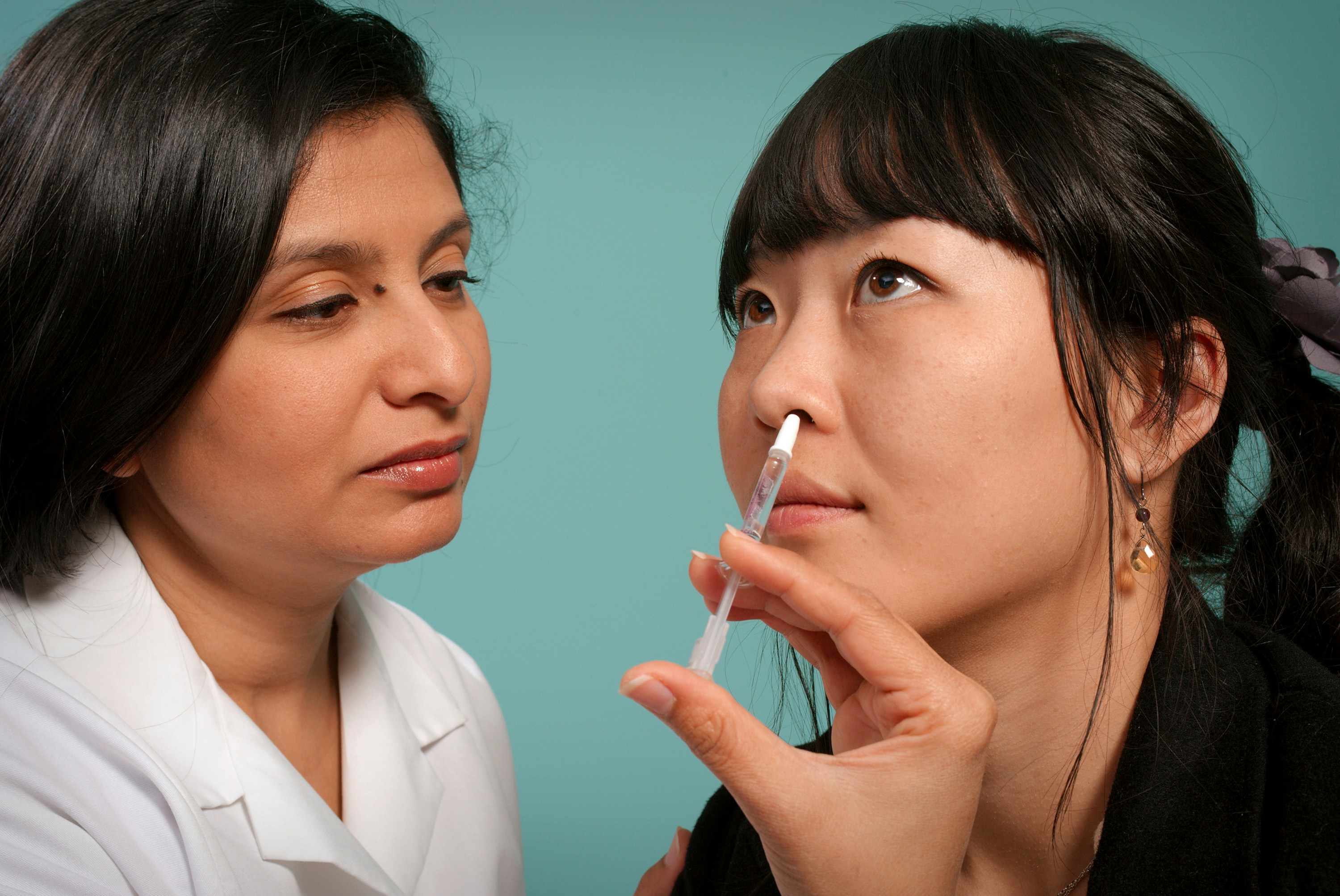Decode Digital Detox: Boost Skills & Productivity with Less Screen Time
In our hyper-connected world, the concept of a digital detox has gained significant traction, but what if we told you that taking a step back from your screens could actually enhance your tech skills and productivity? Picture this: more time for creativity, sharper problem-solving abilities, and an overall improvement in your work-life balance. With the irresistible allure of devices constantly at our fingertips, the idea of unplugging might seem absurd, yet embracing a digital detox can offer profound benefits.
Understanding the Digital Detox Phenomenon

So, what exactly is digital detox? At its core, a digital detox is a deliberate reduction of screen time and the consumption of digital media, aimed at improving individual well-being and efficiency. As we immerse ourselves in this digital age, it's essential to recognize that excessive technology use can lead to heightened stress levels, decreased productivity, and diminished cognitive function. According to a survey conducted by the Pew Research Center, 47% of Americans reported feeling overwhelmed by the amount of information they encountered online. That’s a staggering figure highlighting the need for a reset.
While abandoning technology altogether is impractical for most, adopting a balanced approach can lead to a more mindful interaction with our digital lives. By cutting back on screen time, we can not only reduce cognitive overload but simultaneously enhance our capacity to learn and grow.
The Benefits of Digital Detoxing

When we commit to a digital detox, the benefits can ripple through various aspects of our lives. Here are a few of the most significant advantages:
1. Enhanced Focus and Creativity

Stepping away from screens can lead to increased concentration and improved creative thinking. When we allow our minds to wander without digital distractions, we tap into our innate creativity. A study published in the journal Psychological Science found that individuals who engage in mind-wandering are often able to generate more original ideas compared to when they're focused solely on tasks.
2. Improved Tech Skills

Yes, you read that right! By reducing screen time, you may enhance your ability to learn new tech skills. Without the constant barrage of information dictating your attention, you create space for deeper learning. This momentary disconnection allows for reflection on the tools you’re using rather than mindlessly tapping away.
3. Reduced Stress Levels

Excessive screen time has been directly linked to elevated anxiety and stress. According to Harvard Business Review, taking breaks from technology can significantly improve mental health, increasing overall happiness and well-being. The importance of nurturing mental health is paramount, especially in our speed-driven society.
4. Greater Productivity

When you disengage from your devices, you’re likely to find that your productivity levels soar. Without the lure of social media notifications and endless scrolling, you can work more efficiently. Many productivity gurus advocate for techniques like the Pomodoro Technique, which promotes focused work sessions interspersed with breaks—something you can achieve more easily when not tethered to your screen.
Practical Steps for a Successful Digital Detox

Ready to embrace your digital detox but unsure where to start? Here are some practical, actionable steps to guide you:
1. Set Clear Boundaries

Before commencing your detox, it’s essential to set specific boundaries for your technology usage. Decide on parameters such as no screens during meals, limiting social media to a certain time frame, or allocating screen-free days throughout the week. Such boundaries help you slowly cultivate healthier habits.
2. Substitute with Activities

Find alternative activities that foster connection, creativity, or relaxation. Whether it’s picking up a book, going for a walk, or trying out a new hobby, these substitutes will help fill the void left by reduced screen time. Engaging the mind in different ways stimulates creativity and boosts problem-solving skills.
3. Incorporate Mindfulness Practices

Integrating practices such as meditation or journaling can enhance your digital detox experience. Mindfulness techniques promote self-awareness and provide a calming antidote to the fast-paced nature of digital life. According to data from Mindful Schools, mindfulness practices can improve focus and promote emotional well-being—key components for anyone looking to bolster their tech skills and productivity.
4. Connect in Real Life

Social media can create an illusion of connection, but actual relationships are nurtured through in-person interactions or voice conversations. Make an effort to catch up with friends or family members without screens clouding the interaction. Building stronger relationships can significantly reduce feelings of anxiety or isolation, providing a sound basis for personal growth.
5. Track Your Progress

Tracking your screen time and reflecting weekly on your progress can help solidify the positive changes you're making. Several apps can help you monitor your usage, ensuring accountability and allowing you to identify moments where you can cut back further.
Reaping Long-Term Benefits

The beauty of a digital detox lies in its longevity. As you make intentional choices about technology, you will gradually build a more substantial foundation for personal development. The calm and clarity found during your detox can lead to lasting behavioral changes—allowing you to approach technology with intention rather than impulse.
The Role of Technology in Moderation

It's important to view technology as a tool rather than an omnipresent force in your life. The right approach involves using technology to enrich and empower your experiences rather than dictate them. You can explore further on how to employ tech in productive ways in our article on the future of AI, which elaborates on how we can take control of technology as a companion in our growth journey.
A Balanced Approach is Key

Balance is crucial in the digital-dominated landscape. Disconnected living doesn’t necessitate a complete rejection of technology. Rather, it encourages a more thoughtful engagement with our devices. As we navigate through the digital landscape, a structured plan that aligns with our individual needs can yield incredible personal benefits and enrich our everyday lives.
Retraining Our Brain for Real-World Engagement

As modern technology often incentivizes instant gratification through likes or shares, we must consciously work to retrain our brains for real-world engagement. This involves fostering patience, resilience, and the capacity for genuine connection. Engaging more deeply with life around us unlocks learning opportunities and the chance for personal growth outside of a screen.
Final Thoughts

Embarking on a digital detox may feel daunting, but the upside is undoubtedly rewarding. As you eliminate distractions, your ability to think creatively, solve problems, and connect meaningfully will flourish. The next time you’re tempted to reach for your device, consider taking a step back, embracing a little quiet time, and allowing your mind to explore new horizons. After all, stepping away from the screen could lead you to discover the most innovative version of yourself—one that thrives in productivity and enriched tech skills.
By committing to this journey, you're not just improving yourself; you're rethinking the very way technology is woven into the fabric of your daily life.
Embrace the Journey
Join the movement of individuals who dare to detox and define their digital habits. Your next step? Start today, set your boundaries, and witness the profound transformation that unfolds when you reclaim your focus and embrace life beyond the screen.



